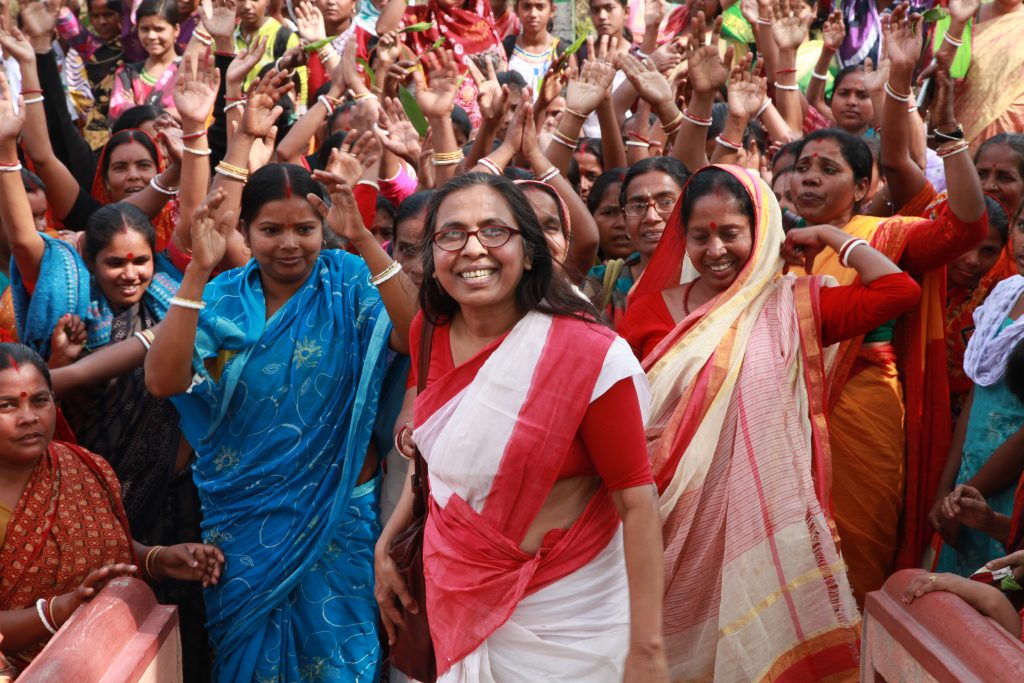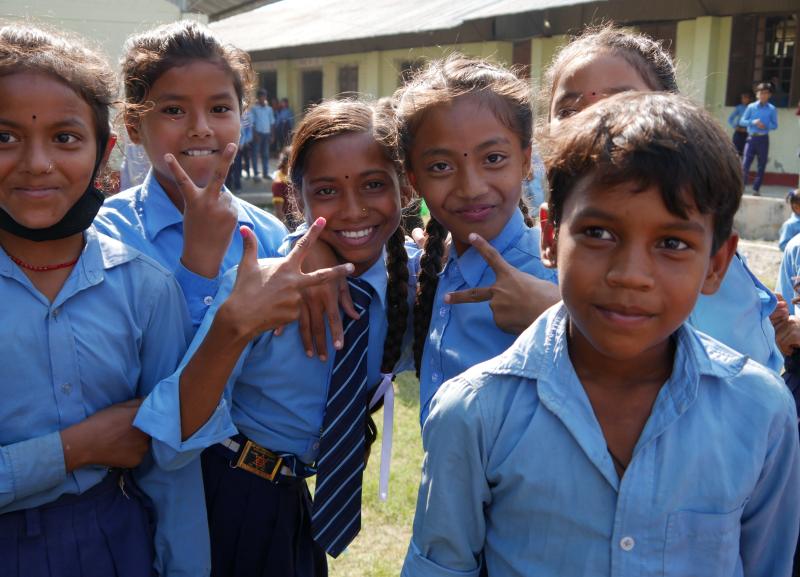The Importance of Championing Female Empowerment in India, Nepal and Bangladesh

In India, Nepal and Bangladesh, women and girls face significant challenges in accessing their freedoms and fulfilling their potential. Deeply entrenched cultural norms and systemic inequalities restrict their opportunities, excluding them from decision-making within their families and communities and limiting their access to education and employment. These barriers create a cycle of vulnerability, hindering not only individual women and girls but also the progress of entire communities.
How Child Marriage Creates Barriers to Female Education in South Asia

Girls’ education is still undervalued in many parts of South Asia. This is especially true in rural communities, where gender discrimination and poverty mean child marriage is often prioritised over girls’ education. Understanding what might force a child or young person into marriage is an essential part of ending this harmful tradition and its impact on girls’ futures.
Menstrual Exile: The Dangers of Chhaupadi in Nepal and What it Means for Women and Girls

Menstrual exile refers to a range of discriminatory practices that impact the lives of many women and girls across South Asia today. Due to local traditions and stigmas, women and girls are discriminated against during their menstruation period. They are excluded from their communities, including their own homes, schools and workplaces.
The effects of menstrual exile are far-reaching, obstructing women and girls’ access to education, healthcare, community, and even the safety of their own homes. Chhaupadi is a severe and dangerous form of menstrual exile that is still prevalent across many poor, rural communities in Nepal, affecting the lives and opportunities of the women and girls who live there.
Empowering Schools and Communities in Rural India

Sangamner, Maharashtra
Violence-free Schools – reducing inequality

Amravati, Maharashtra
Empowering Schools and Communities in Rural India

Sangamner, Maharashtra
Educate and Empower Adolescent Girls in the Slums of Pune

Pune, Maharashtra
School education, health and hygiene for adolescent girls and livelihood security for marginalised families

Palpa and Rupandehi Districts in Lumbini Province
Education for Girls in Rural West Bengal

West Bengal
IT Skills Training for Dalit Girls

Maharashtra and Chhattisgarh